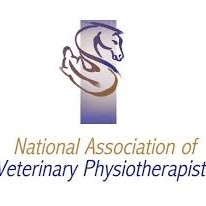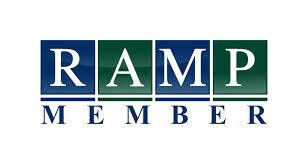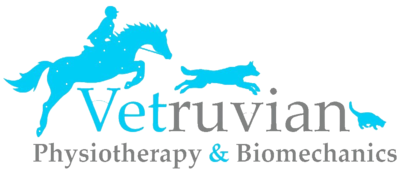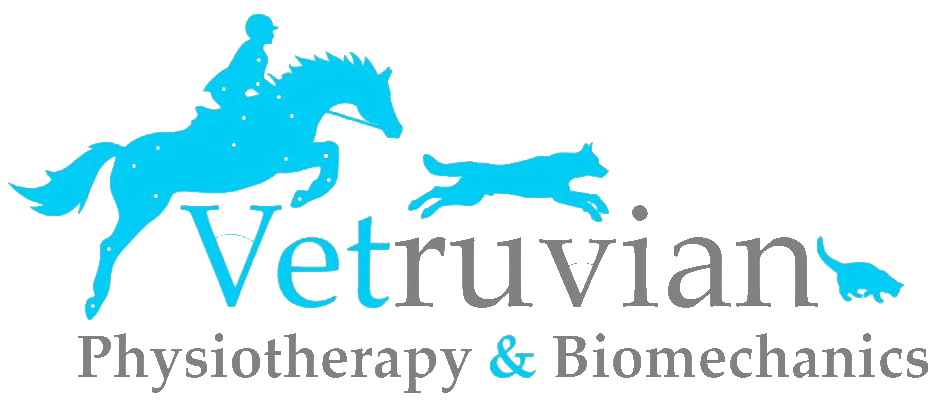
posted 8th June 2024
This is one of those posts that I always feel nervous about writing!
I have to be careful not to criticize anyone’s level of competence, whilst pointing out the possibility of incompetence. In my experience the incompetence is unintentional but can have major repercussions for dogs and their owners, especially for dogs with more complex needs. A case in point is a dog that I have just started working with 4 months post-surgery. The owners have been hugely invested in his recovery and engaged a “physiotherapist” to assist. Some of the advice given was appropriate, however some was not. The consequences of which are that the dog still unable to use its hindlimbs effectively, so has adapted to walk on its forelimbs like a circus performer. Now the only way I can help is to try and undo all of the mistakes that were made, and effectively start from scratch. The result may well be that the 5-year-old dog never uses its hindlimbs properly again, can’t toilet properly and will spend the rest of its life unable to play or interact with other dogs – in effect the dog will no longer be able to dog!
Will the owners put it down if it can't recover? Absolutely not! But they may also spend the next 5-10 years caring for a severely disabled dog, which also means they may not be able to do normal things like holidays as it can’t be boarded, they will have to consider their work commitments as they are both relatively young professionals, yet they can’t go out for any longer than a few hours at a time as the dog can’t be left on its own - all because a canine therapist exceeded their scope of experience and knowledge.
Anyone can call themselves a canine physiotherapist
One of the biggest issues in the animal industry is that the term “physiotherapist” is not protected as it in humans, meaning virtually anyone can call themselves a canine physiotherapist. I have studied for 7 years which has costs tens of thousands of pounds, but in theory I could take an online course for £15 and call myself a therapist!! Professional bodies such as RAMP are working really hard to get this changed, but more on that later. The following therefore takes a top down approach in terms of most qualified to least.
Professional qualifications
Doctorate (PhD)
There aren’t too many PhD qualified canine physiotherapists, and even less whose PhD is actually related to canine physiotherapy (I am of course one of the few, which I guess also qualifies me to be able to write a post like this). A PhD is a 3-year full time or 5-year part time commitment, involving research that contributes new and scientifically rigorous knowledge to a particular field. In my case this was investigated causes of injury in canine flyball as well as ways to reduce them. However, it’s still possible to call yourself a Dr and a canine physiotherapist if your PhD was in fine art, and you took a 20 minute youtube course in canine massage!
Masters degree (MVetPys or Veterinary Physiotherapy MSc) or Post Graduate Diploma in Veterinary Physiotherapy
A masters degree is one step above a traditional degree, and can involve a 4yr course where a degree equivalent is obtained in the first 3 years, with a masters degree awarded at the end of year 4. Once again students will have carried out independent research in a subject related to veterinary physiotherapy, and will be qualified in all aspects of physiotherapy (but not necessarily hydrotherapy)
Degree – Veterinary Physiotherapy BSc
A 3 year course covering all aspects of animal physiotherapy. Some courses allow you to study one species, so for example horse or dog. An important point to note here is that having a veterinary physiotherapy degree in horses does not allow the recipient to treat dogs (yes you know who you are!)
The above are the absolute minimum standards you should look for if you need physiotherapy for your animal. There is another aspect which I haven’t mentioned, which is if your therapist does not have the correct qualifications to treat you dog, you probably wont be able to claim on your insurance. Even more importantly, if something goes wrong, your therapist wont be insured and will have no liability…
Therapy qualifications
Dip. A. Phys
This is also a 3 year course, with the majority of study done online alongside some practical training days. Students are also expected to do a minimum number of work placement hours. The reason I am dubious to state that this is the equivalent of a degree is that it is not accredited by a major awarding body (UK Rural Skills) and it is advertised as a level 6 equivalent. (Level 6 is a degree). It reminds me of the Tim Minchin line “there’s a name for alternative medicine that works – its called medicine” . So if it was a qualification that was the same as a degree it would be recognised and accredited as such
Animal therapy degree (BSc)
I couldn’t decide if this should be above a Dip.A.Phys or below. It is an accredited degree, but it is limited as the holder will generally be qualified in massage and remedial exercise, but nothing else.
Now I could write another 3 pages worth of qualifications and pseudo qualifications that exist in the animal therapy world – massage therapist, K laser qualified, holistic therapist, Reiki practitioner etc. And don’t get me wrong, many are fantastic qualifications in their own right – BUT a qualification in how to correctly use a laser on a canine client does not qualify the practitioner to advise on therapeutic exercise, or rehabilitation – would you go to your dentist and ask them for their advice on the chest pains you’ve been having?
How to find a qualified veterinary physiotherapist
So we’ve established that the level of qualification your dog physio has can be a bit of a minefield. There is however a relatively simple way to establish their credentials. I mentioned RAMP earlier – this is the Register of Animal Musculoskeletal professionals (RAMP), which is one of the main regulatory bodies in the industry - you can find their website here.
In addition you have the National Association of Veterinary Physiotherapists NAVP, The Association of Chartered Physiotherapists in Animal Physiotherapy ACPAT and the Animal Health Professionals Register AHPR. Each of these bodies has their own requirements for the level of qualification they will accept. All however will allow you to search for a therapist by name, or help you find a qualified therapist in your area. If you are looking for a dog physiotherapist I urge you to find one who is on a professional register, and be sure to check that they have the relevant qualifications for your needs. Similalry if you are considering using a therapist and they are not on any of the above, then the question to ask is why not? It’s really simple and relatively cheap to register with all of them, the fundamental requirement however is that you have to have the relevant qualifications….




